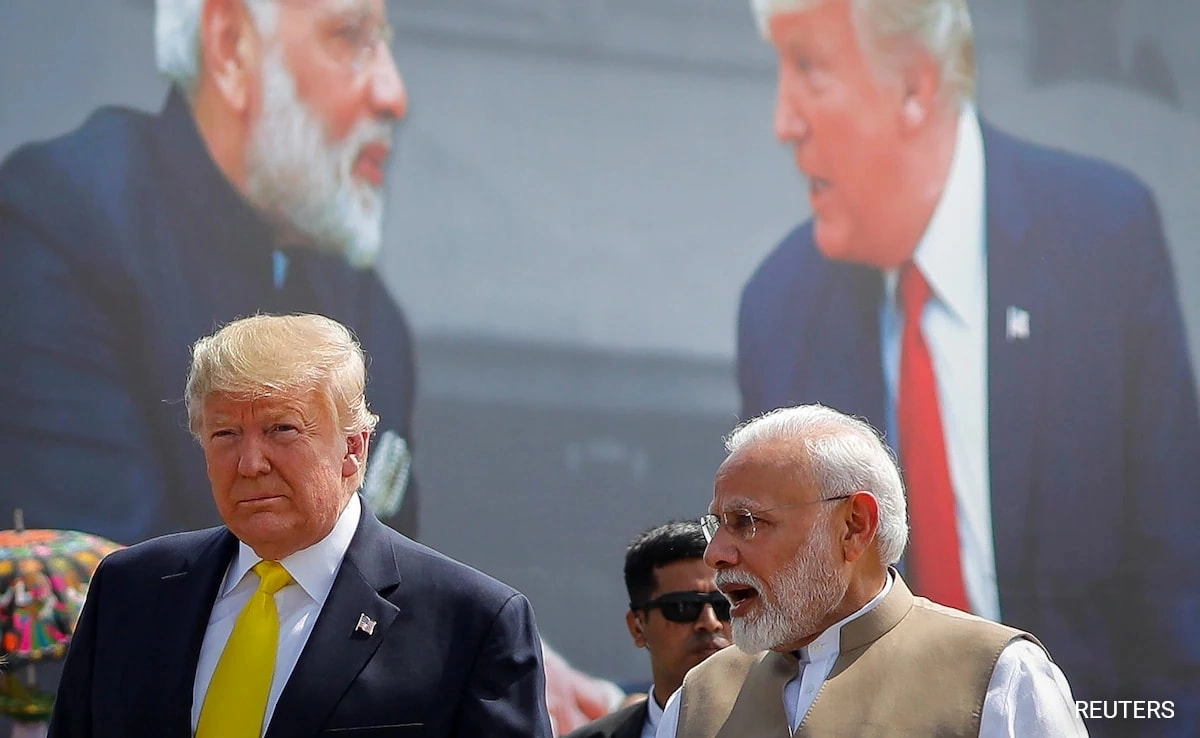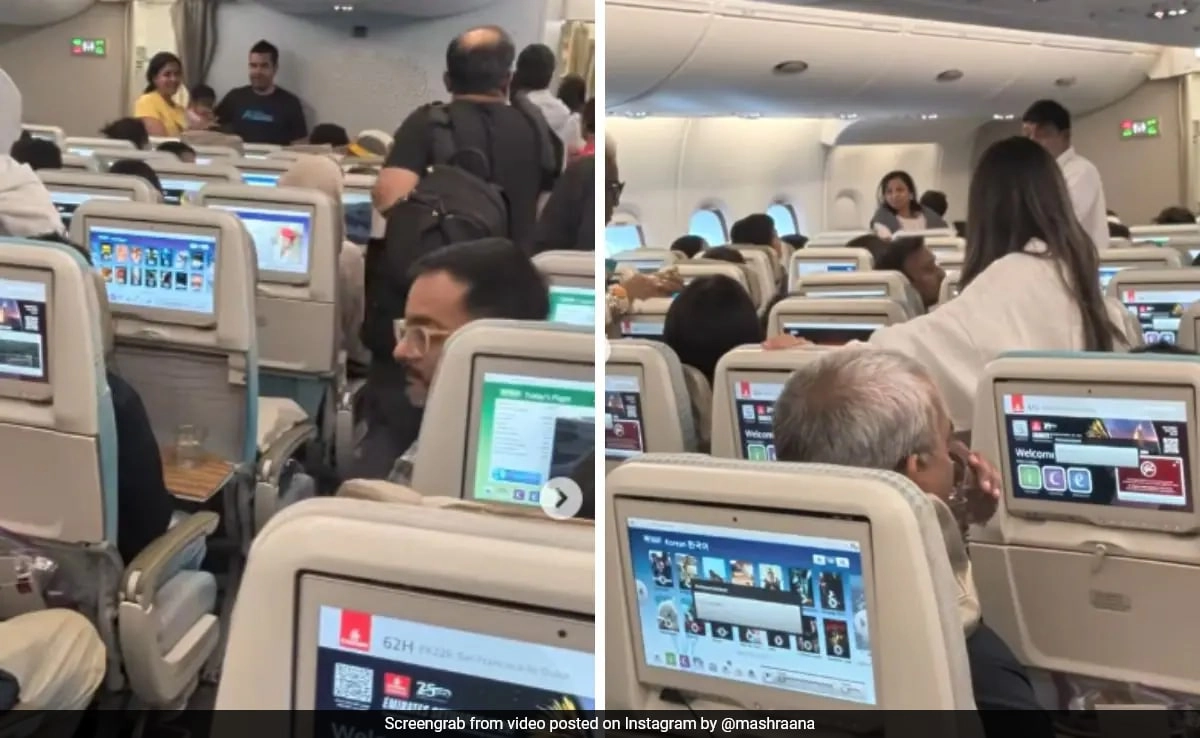The recent implementation of new tariffs between the United States and India has raised significant concerns regarding the state of trust and cooperation between the two nations. Historically, the relationship between the U.S. and India has been characterized by strategic partnerships in various sectors, including trade, defense, and technology. However, the introduction of tariffs has thrown a wrench into this collaboration, with both countries now facing the reality of strained relations. The economic implications of these tariffs extend beyond mere financial costs; they signify a growing rift that could hinder future negotiations and collaborative efforts.
Tariffs can create a cycle of retaliation, as countries often respond to trade barriers with their own measures. This tit-for-tat mentality can escalate tensions and erode the goodwill that has been built over years of diplomatic engagement. For India, the tariffs pose a significant challenge, particularly in sectors where it has aimed to expand its exports to the U.S. market. The imposition of these tariffs may not only affect trade balances but also impact investments and joint ventures that rely on a stable and predictable trade environment. As both nations grapple with their respective economic priorities, the potential for misunderstandings and mistrust looms large.
Moreover, the geopolitical landscape is increasingly complex, with both countries seeking to assert their influence in the Indo-Pacific region. The U.S. has been looking to strengthen its alliances as a counterbalance to China’s rising power, while India aims to bolster its own strategic autonomy. In this context, tariffs can be viewed as a barrier to achieving shared goals, undermining the collaborative efforts needed to address pressing global challenges such as climate change, security, and public health. The erosion of trust could lead to a more fragmented international order, where nations prioritize unilateral actions over cooperative solutions.
To navigate these challenges, both the U.S. and India must engage in open dialogue and work towards resolving trade disputes amicably. This requires a commitment to understanding each other’s economic concerns and finding mutually beneficial solutions. A proactive approach to diplomacy, focused on rebuilding trust, is essential for both nations to move past the current tensions and foster a more cooperative relationship. Only through collaboration can they effectively tackle the complex issues that lie ahead, ensuring that their partnership remains resilient in the face of global uncertainties.




